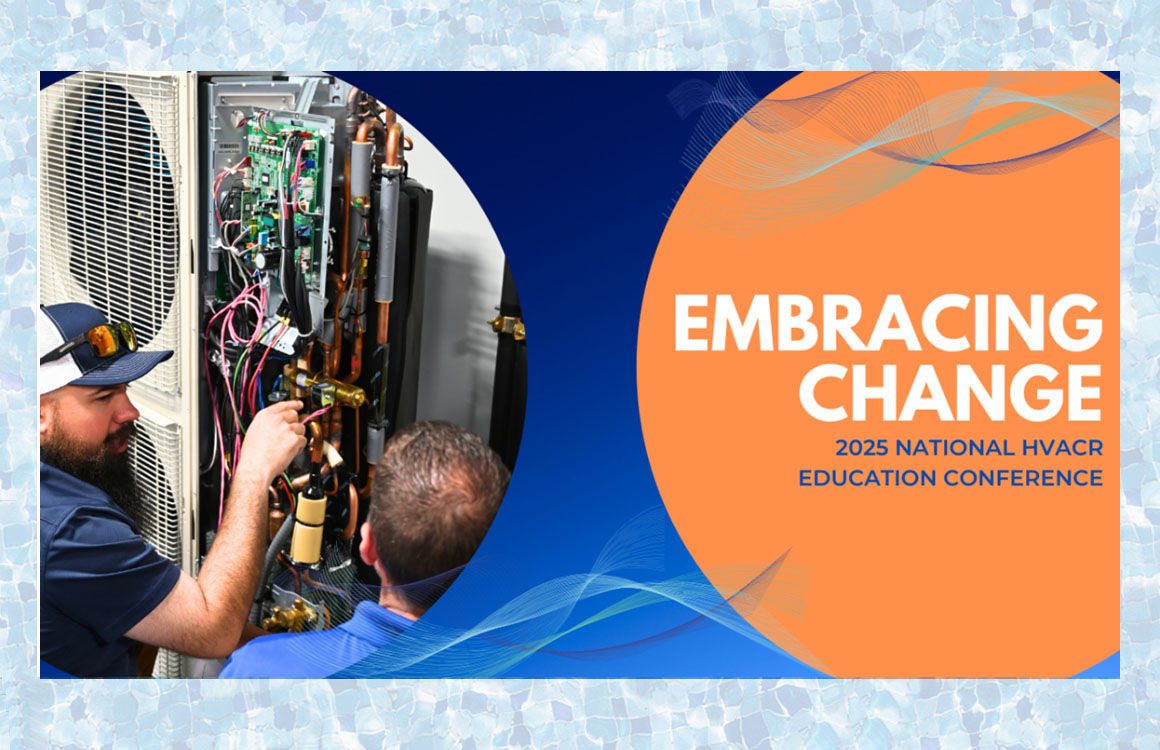
Guest Contributor, Items of Interest
Supply Chain Disruptions: Understanding Your Legal Protections by Trent Cotney
As every contractor knows, supply chain issues from the last two years have plagued the construction industry. During the height of the COVID-19 pandemic, manufacturing shut down or slowed, transportation routes were blocked, and even basic materials became hard to secure. The supply chain has yet to fully recover, world events continue to impact manufacturing and transportation, and there are still bottlenecks in the system.
These issues are problematic for all industries and households, and construction has been dramatically impacted. Some projects have screeched to a halt due to material shortages or delays.

If you get to a point where you cannot complete a job due to supply chain disruption, and you fear you will face a lawsuit, what are your options? Your protections may lie in your contract.
Checking Your Contract
At a minimum, your contract should include details about the service you are providing, what materials are involved, and when the project should be completed. How explicit that language is—and if some essential language is missing—could determine if an owner can successfully file a claim against you or if you can file a claim against a supplier.
Specific clauses and provisions in the contract outline your obligations for the project, so a court will look to your contract to understand your liability. If your contract contains a force majeure clause, you may have some protection. This clause states that you cannot be held accountable for extraordinary events outside your control. Traditionally, such events include severe weather, labor strikes, fire, earthquakes, and terrorism, but during the pandemic, some courts have allowed unforeseen supply chain issues to fall into this category.
If your contract does include a force majeure clause, the exact wording could excuse your performance. For example, if it specifically addresses supply chain issues, you could be protected during a lawsuit.
Even if you do not have a force majeure clause, your contract may have other applicable language. Such clauses might be related to frustration of purpose, impossibility, or impracticability.
All of these would address the possibility for all parties to meet the contract’s stipulations. Given the circumstances, the contract may have been impossible to perform. For example, you may have had every intention to perform and complete the project on time, but you could not because you were impacted by issues beyond your control.
A judge will review your contract language carefully, so it may be challenging to argue that your performance should be excused. Also note: supply chain issues have been prevalent for some time now, so courts may not be as sympathetic as they were a few months ago. Supply chain issues are not as “unforeseen” as they were in 2021.
Avoiding Litigation
If your project has been affected by supply chain issues and your performance has been called into question, your best course of action is to communicate with the other parties involved. Discuss the problems you are facing and see if you can revise the contract or come to some understanding. Litigation is expensive and time-consuming, and it can damage your professional relationships.
If you amend your contract, you could increase the time allowed to complete the project. This approach could help you and your suppliers. You could also explore material substitutions if the owner can be flexible about what materials are being used. (Your contract may have a clause about that as well.)
Going Forward
If you are facing supply chain issues or other delays, take the time to review all your contracts. Check the provisions related to performance and ensure that you are protecting yourself against any challenges you may face. And before you sign any new contracts, carefully read them and ensure the appropriate language is included.
Contracts can be confusing, however. If you have questions about them, do not hesitate to consult legal counsel. An experienced construction attorney can review your contracts and explain their provisions. To safeguard yourself, your company, and your reputation, it is critical that you fully understand what you have agreed to and what your protections are.
The information contained in this article is for general educational information only. This information does not constitute legal advice, is not intended to constitute legal advice, nor should it be relied upon as legal advice for your specific factual pattern or situation.
Trent Cotney is a partner and Construction Practice Group Leader at the law firm of Adams and Reese LLP. For more information, please contact Trent Cotney at trent.cotney@arlaw.com











